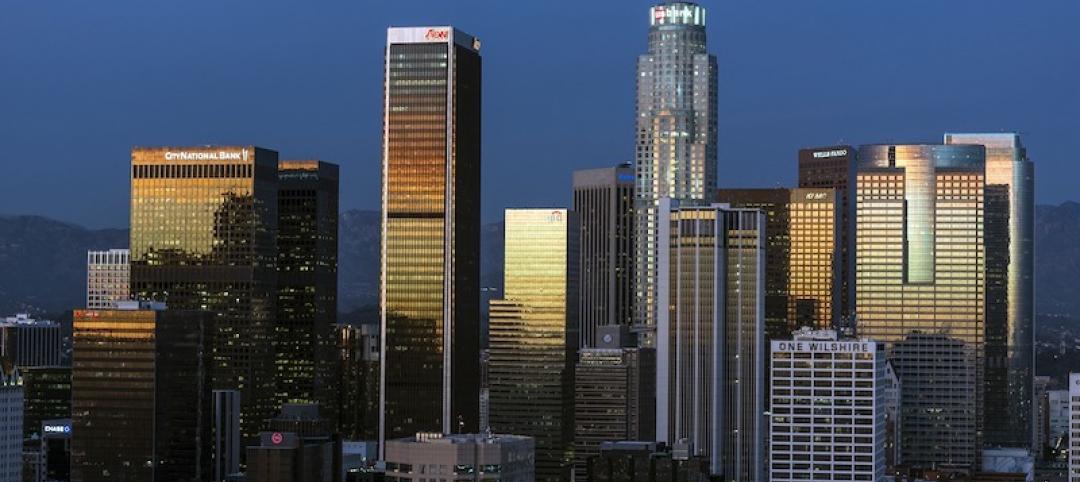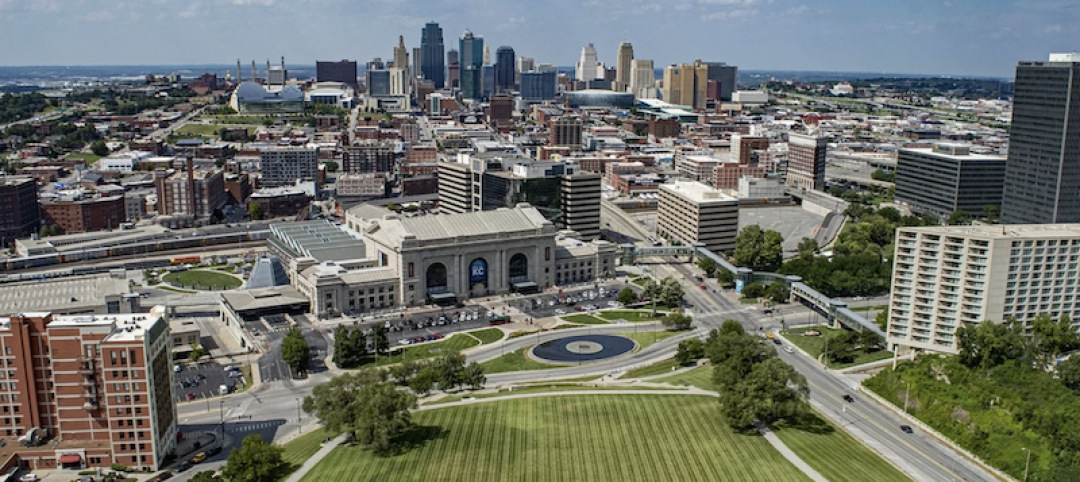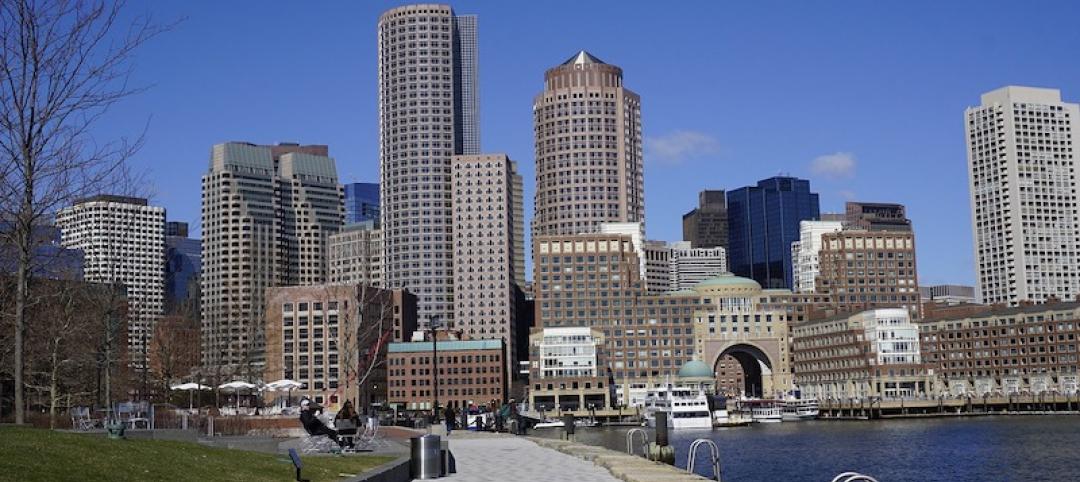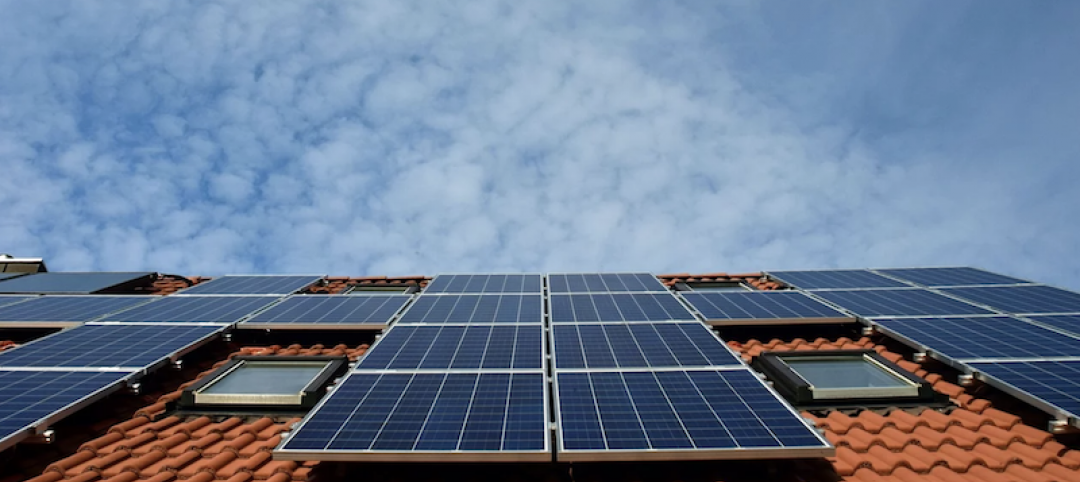The Eugene, Ore., City Council recently passed an ordinance aimed at steeply reducing energy consumption and greenhouse gas emissions. The city of 158,000wants to reduce community-wide greenhouse gas emissions 10% below 1990 levels by 2020, and reduce fossil fuel use by 50% by 2030.
Eugene is developing an energy inventory for its entire economy. After that is completed, it will consider voluntary energy-saving measures in the private sector, such as easier permitting for energy-efficient construction and energy performance scores for commercial buildings. The city will also consider other measures like commercial food-waste composting in restaurants and grocery stores to reduce methane emissions from landfills.
Eugene has made significant progress in reducing emissions recently from transportation without any concerted plan. Transportation emissions have dropped 2.5% per year since 2010, despite some population growth. This is largely due to economic and cultural shifts: the recession, the rise of telecommuting, online shopping and entertainment, transit, biking, more efficient cars, and higher gasoline prices. The city has encouraged these trends by improving bus service and developing a master plan for sidewalk and bike path improvements.
City government has rejected hard caps on emissions to date, focusing instead on voluntary measures and incentives for the private sector.
(http://grist.org/climate-energy/what-can-small-cities-do-to-fight-climate-change/)
Related Stories
Codes and Standards | Jan 15, 2020
Trump Administration blocks new light bulb efficiency standards
Move defies bipartisan 2007 law.
Codes and Standards | Jan 14, 2020
L.A.’s expedited permitting process credited with faster approvals on $1 billion project
Parallel Design-Permitting Process includes flagging elements for correction during conceptual design.
Codes and Standards | Jan 13, 2020
Kansas City is first in nation to offer free public transportation
Aim is to increase mobility to spur more economic activity.
Codes and Standards | Jan 9, 2020
Dept. of Defense will require beefed up cybersecurity standards in January
All contractors will have to demonstrate secure practices.
Codes and Standards | Jan 8, 2020
2019 Oregon Zero Energy Ready commercial code will boost efficiency by 14%
ASHRAE 90.1 is the basis for new code that went into effect Oct. 1.
Codes and Standards | Jan 8, 2020
Energy efficiency initiatives have significantly cut energy consumption per square foot
Lighting and space heating fell by more than 600 trillion Btu from 2003 to 2012.
Building Technology | Jan 7, 2020
Tariff whiplash for bifacial solar modules
Bifacial solar systems offer many advantages over traditional systems.
Codes and Standards | Jan 7, 2020
New certification program for rigid core luxury vinyl tile
ASSURE CERTIFIED to establish industry-wide quality standards.
Codes and Standards | Jan 7, 2020
Boston’s beefed up wetlands ordinance will limit development
Conservation commission must consider future climate impacts when assessing new projects.
Codes and Standards | Jan 6, 2020
States pick up the slack in efficiency policy as federal government lags
With climate change deniers setting policy in Trump Administration, progress continues in statehouses.
















